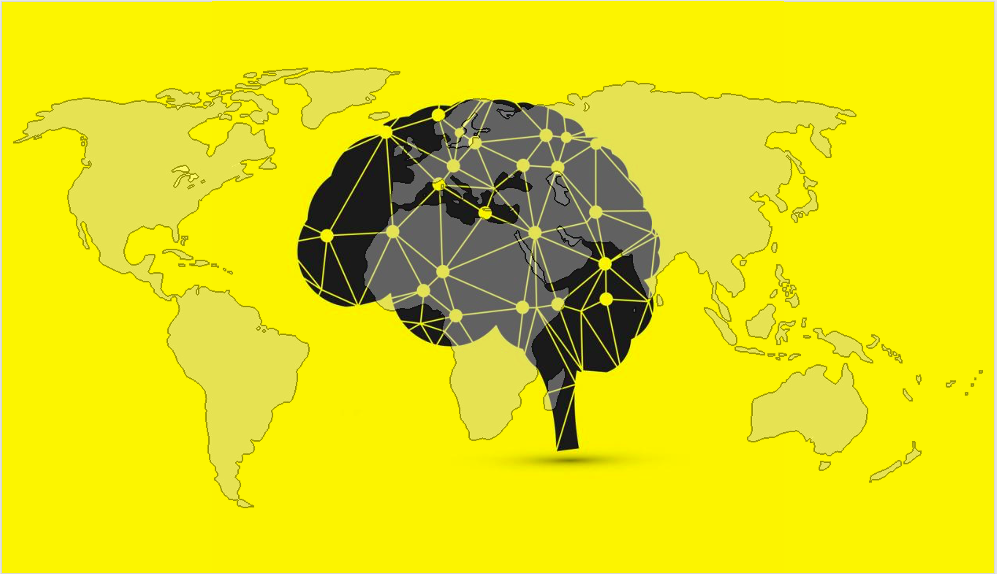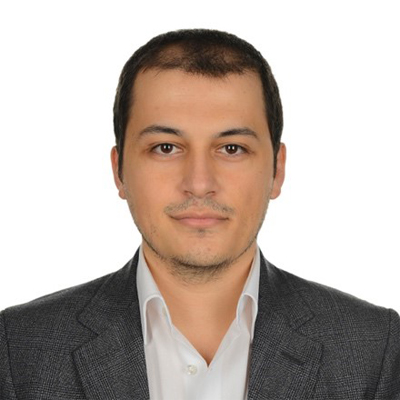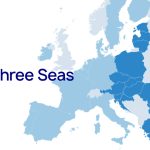In the early 1900s, the first think tanks built in the USA and the UK were established by independent individuals, not states. These private individuals and their teams believed that bringing a “scientific” approach to understanding international issues would prevent the recurrence of previously experienced negativities and improve their future peace expectations. These institutions, which were cautious at first, started to work in the field of diplomacy, and the only recipients were ministers and government officials. Their aim is to make the international relations more stable by supporting the institutional construction of national powers.
After the Second World War collapsed the nations and the international system, efforts focused on designing more durable international institutions. The groups gathered to discuss strategic war plans during the war contributed to the initiation of a relative period of geopolitical stability that led to a period of continuous economic growth for the West and its Allies, with proposals in the construction of the new international system after the war. The Cold War, which started afterwards and where non-governmental actor gained importance, contributed to the establishment of think tanks first in the West and then in many parts of the world. However, these organizations are closely linked to their national governments in almost all cases.
In the age of globalization, as the demand for understanding and interacting with the world has increased, the dimensions of Western think tanks led by the USA have also increased. Specialized think tanks developed in the West and responded to the demand for analysis of certain dimensions of globalization. The growth of the think tank capacity only in the field of diplomacy, including areas such as climate change, development assistance, cyber security, global health and international finance, reveals the interdependence and the new system setup. Thus, the concept of think tans spread in the international arena. Although the pioneer in this issue is in the West, China is the country with the highest number of institutions after the USA. Australia, Argentina, Brazil, India, Indonesia, Mexico and Singapore are home to internationally recognized think tanks and also appear to be trying their own dominant roles in their regions.
The increase of think tanks also causes diversification, and this diversification also goes beyond the western model. The role of some national think tanks goes beyond providing analysis resources and policy ideas to national decision makers. Some adapt to discussions between non-governmental and official institutions, while others help promote official messages and policies abroad. In non-Western countries, there are think tanks that operate to ensure that government officials, intellectuals, and society are not just consumers of Western ideas, but also to develop their own ideas.
When we look at the ways and works of think tanks today, it is seen that not much has changed in the last 20 years in the short but fast history of its institutionalization.
Think tanks are institutions that not only reveal a phenomenon/event/situation but also offer solutions with policy suggestions. When we look on a global scale, they are scientific-academic institutions that work beyond the research and outputs of universities. Think tanks, which serve as a laboratory for the compulsory abstract studies of universities in social sciences, have the necessary knowledge and maneuver to offer solutions. Scientifically approached interpretations, also fed from information built on reality, are very useful for both academia and society and decision makers. In these works, there are sometimes media, sometimes academy, and sometimes cross-cutting areas with political institutions. Thinking organizations whose “agenda issues should be more than just following agenda” are in the nature of institutionalization should have enough people, ideas, networks and influence areas in order to contribute to these works.
Considering the characteristics of think tanks, which are generally accepted, 9 concrete conditions come to the fore:
- Being permanent organizations,
- Generating solutions for public policies,
- Having in-house staff dedicated to research,
- Generating ideas, analysis and advice,
- Delivering researches to decision makers and the public,
- Not being responsible for government actions,
- Maintaining their freedom of research and not serving any specific interests,
- Not giving diplomas even though educational activities can be found,
- Attempting to act in the public interest.
Even though the spread of think tanks, starting in 1990s, were interrupted, institutional know-how has provided a considerable foundation and area for the national think tank industry. Although it is seen that the think tanks, which have different status, have been working to strengthen the hand of the Turkish state in both domestic and foreign policy, it is understood that this is not sufficient.
International competition and problems, that Turkey facing, also compel different ways of working. No matter how diverse and effective organization of the think tanks will put forward ideas, they will contribute to the decision-makers for peace and prosperity of Turkey more if they show themselves in the international area.
Based on similar problems with similar institutions in the world of think tanks in Turkey, we must also not forget that experience. Together with the society, national and international systems need measured, objective analysis and ideas about how to proceed in the turbulent period. At the same time, the idea that a desperate and frightened society will continue the turmoil in turmoil, provides the paradox between the spread of information and its stay in the public. The debate about the validity of the production of information and ideas based on international foundations taking into account the national conditions, the existence of the institutionalization of think tans whose standards were set in the period of globalization, is in danger in the international system that has evolved into more closed societies.
In chaotic and turbulent periods, there is more need for new voices and Center for Diplomatic Affairs and Political Studies was established in order to come out stronger from these periods which Turkey and international system are included. Center for Diplomatic Affairs and Political Studies started to work with the belief that constructive, active, young, new ideas, projects, discussions, in which new ideas are supported with experiences thought, will be beneficial for every segment of society and the public.









